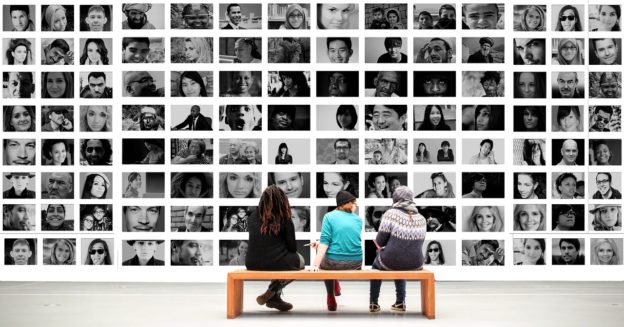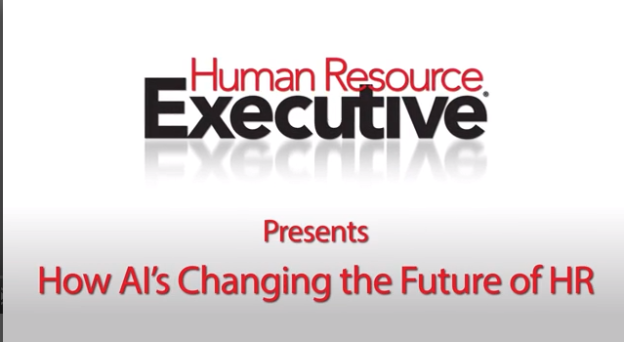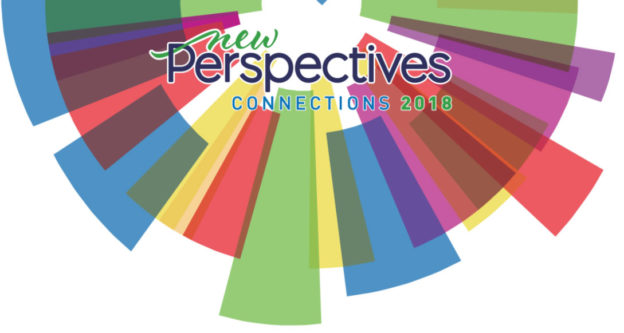Tag: Artificial Intelligence
-

How AI Can Influence Diversity and Inclusion (for Better or Worse)
Recently, news broke that an AI-powered facial recognition technology used by law enforcement was actually biased against, well, pretty much everyone other than white men. This news hit the public like a slap in the face, but it’s something I’ve been seeing behind the scenes for some time now. Artificial intelligence as a technology isn’t good…
-
Buy a Book, Get Free Stuff: Limited Time Only
We interrupt your regularly scheduled programming for this important announcement! This year I’ve written my first book. It’s coming out in North America on December 28th. Since the publisher decided to push it to the end of the month, it’s not a Christmas present–it’s a “let’s start 2019 off with some really cool insights on…
-

We’re Only Human 43: IBM Leaders Share How Algorithms and Bias Affect Us
Recently Amazon announced it had shut down a talent-finding algorithm built by its internal team. Why? Because it was perpetuating bias against women at the tech giant, which is unacceptable in today’s work environment. With so many bots, algorithms and other tools being used to automate our work and personal lives, it’s important to think…
-

How AI is Changing HR for the Better
[Update 2019: This information has been woven into my new book, Artificial Intelligence for HR, which highlights the key skills we need to compete with machines in recruiting, engagement, and more. The book is getting rave reviews. Check it out here.] Last week I was one of several thousand people that attended the 2018 HR Technology…
-

Can Artificial Intelligence Solve the Pay Gap Problem?
[Update 2019: This story has been woven into my new book, Artificial Intelligence for HR, which highlights the key skills we need to compete with machines in recruiting, engagement, and more. The book is getting rave reviews. Check it out here.] Note: if this concept interests you then you definitely need to click here and sign…
-

Future-Proofing Your Skills for an Automated Workplace
[Update 2019: This story has been woven into my new book, Artificial Intelligence for HR, which highlights the key skills we need to compete with machines in recruiting, engagement, and more. The book is getting rave reviews. Check it out here.] In a recent interview, I heard motivational speaker Jon Acuff tell the interviewer that he…
-

#UltiConnect 2018: AI Means HR Can Be More Human
This week I spent some time at the Ultimate Connections conference in Las Vegas with the team from Ultimate Software (Twitter stream here). There were tons of product updates and great sessions, but one of the biggest takeaways for me was around AI and what it takes to build a great workplace. During a…